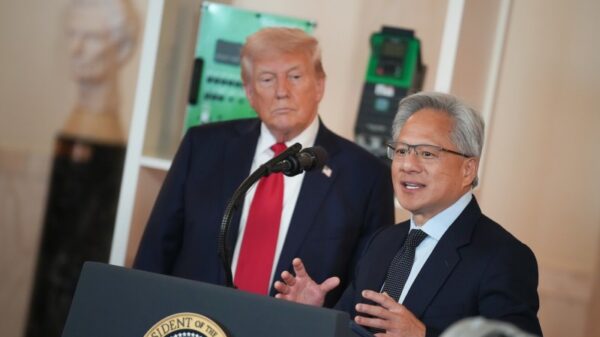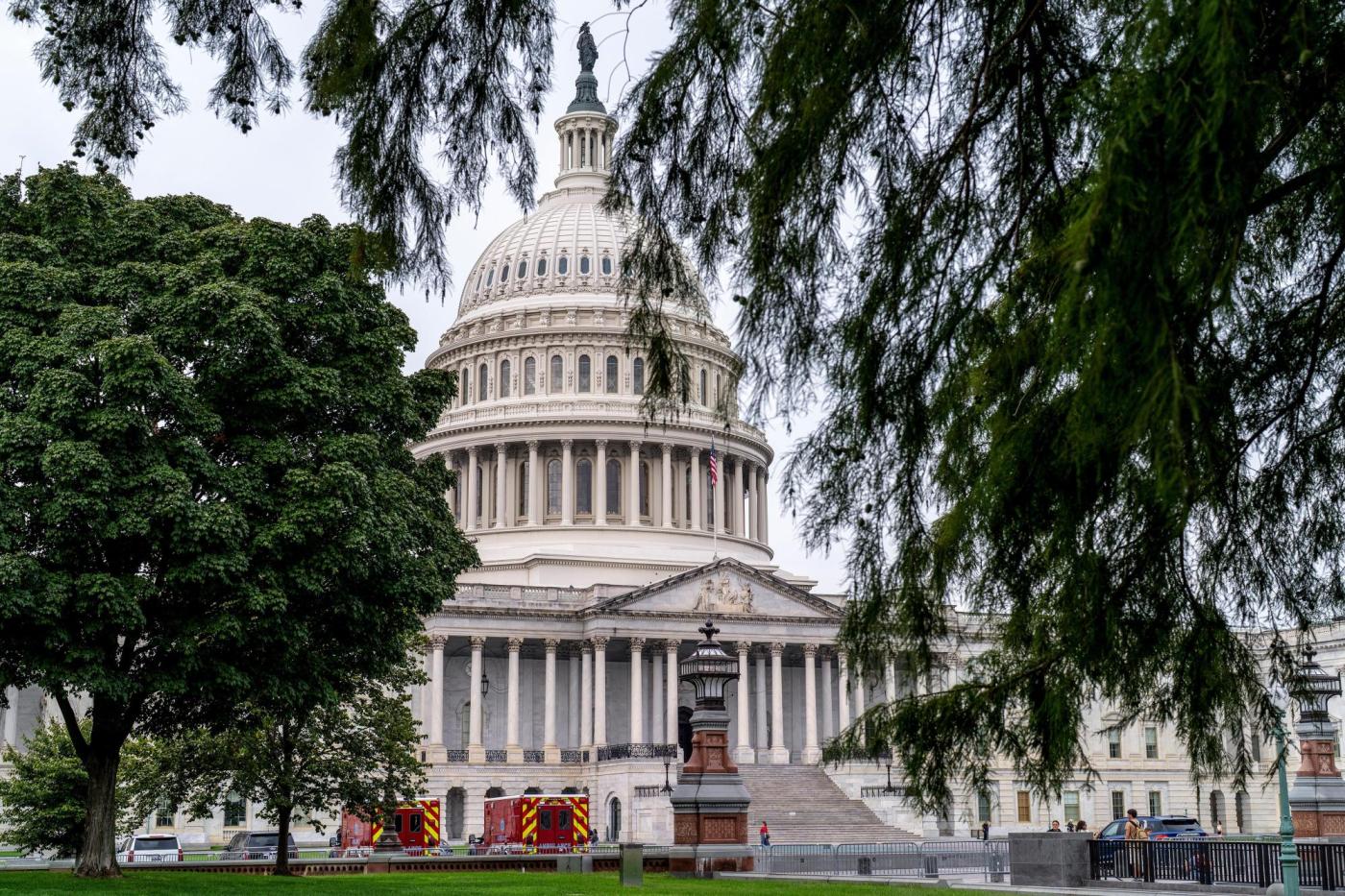Open enrollment for health insurance began on November 1, 2023, and Virginians may face staggering premium increases ranging from 43% to 202% unless Congress acts to extend the enhanced premium tax credits (EPTCs), which are set to expire on December 31, 2023. These credits have been crucial for hundreds of thousands of working families across Virginia, making health coverage affordable. The potential loss of these credits would have significant implications not only for individuals but also for the broader economy.
A healthy workforce is vital for businesses in Virginia. When health coverage becomes unaffordable, individuals often go without insurance. This leads to delayed preventive care and increased absenteeism due to untreated health conditions. As a result, employers face decreased productivity and a less reliable workforce, compounding existing labor shortages.
The need to extend the EPTCs transcends health care concerns; it is fundamentally an economic decision. Millions of Americans rely on these tax credits to afford health coverage through the Affordable Care Act marketplaces. Nearly half of all adult enrollees are either owners or employees of small businesses, meaning premium spikes could severely impact both family budgets and local employers. With many individuals already grappling with rising costs of groceries, housing, and utilities, any increase in health insurance premiums would add further strain.
The ramifications of failing to act extend beyond individual households. Many uninsured individuals tend to delay or avoid seeking medical care until their conditions worsen, resulting in more emergency room visits and higher costs for the health care system. Hospitals, especially those in rural areas, are already operating with thin financial margins. Currently, 23% of Virginia hospitals are losing money on services, and 29% are at risk of closure. When uninsured patients cannot pay their bills, hospitals absorb those costs, which leads to increased prices for all patients, including those with private insurance. This troubling cycle leaves rural hospitals particularly vulnerable.
The economic impact of allowing the EPTCs to expire is substantial. Analysts estimate that Virginia could lose more than $250 million in state GDP and approximately 2,000 jobs in the first year if the tax credits are not renewed. The areas most affected will likely be the Shenandoah Valley, Southwest, Southside, and Eastern Virginia, regions already struggling with limited access to health care and slower economic growth. By 2026, the Commonwealth Fund projects that the state could see losses exceeding $400 million in economic output along with nearly $20 million in state and local tax revenue if the credits are not extended.
These figures represent real people and communities that rely on a stable health care system. The correlation between health coverage and economic vitality is clear: When more Virginians have insurance, absenteeism decreases, productivity increases, and employers spend less time managing disruptions caused by untreated illnesses.
Dr. Joel Bundy, president of the Medical Society of Virginia, and Doug Gray, executive director of the Virginia Association of Health Plans, emphasize that extending the EPTCs is not a partisan issue. It is a matter of workforce stability, business viability, and economic security. Congress has a pressing opportunity to avert this impending crisis by acting to extend the enhanced premium tax credits. By taking decisive action, lawmakers can ensure affordable coverage for working families, strengthen Virginia’s labor force, and protect the viability of community and rural hospitals.








































































